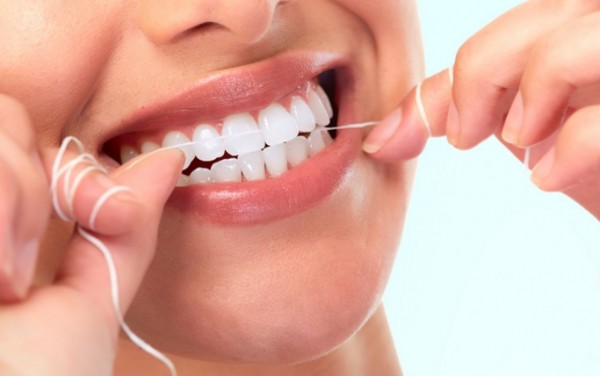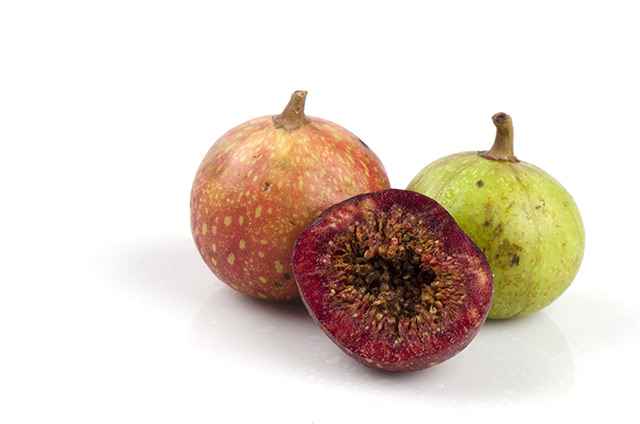Flossing is an often-overlooked but vital part of oral care. Compared to brushing your teeth and using mouthwash, breaking off a piece of string and rubbing it between your teeth seems like a hassle. The human mouth is teeming with bacteria — bacteria that should be kept under control by a bit of toothpaste and mouthwash, right? Not quite. Flossing doesn’t just take care of your teeth, it maintains the health of your gums as well. Gums that are in less-than-stellar-shape are more susceptible to gingivitis, which in turn put the gums at higher risk of periodontitis. Described as a serious gum infection that can cause gum tissue and teeth breakdown, periodontitis is a condition that’s been linked to more serious diseases.
- Diabetes – This disease has long been established as one that puts people at higher risk of developing bacterial infections. However, the researchers of a 2012 study discovered that periodontitis can actually worsen the effects of diabetes. Patients who suffered from diabetes and severe periodontitis had greater difficulty in managing their blood sugar levels. In fact, the researchers of that study went on to state that periodontal therapy among diabetic patients resulted in improved blood sugar levels.
- Heart disease – According to the NYTimes.com, chronic oral infections can encourage the development of blood clots and clogged arteries. The substances that these oral bacteria can cause a deadly chain reaction: The oral bacteria produces substances that can enter the bloodstream; once in the bloodstream, these substances can bring about a build-up of arterial deposits, which then become clogged arteries.
- Respiratory diseases – People who grapple with periodontal disease are those whose mouths have often become breeding grounds for harmful bacteria. When inhaled, bacteria can enter the lung before the immune system wipes them out. In fact, researchers of a 1996 study found that poor oral health can lead to respiratory disease that include but aren’t limited to pneumonia, chronic bronchitis, and emphysema; similarly, a 2011 study found that periodontal disease was a risk factor for chronic obstructive pulmonary disease (COPD).
- Infections – Similar to the risk of heart disease, periodontal bacteria that have entered the bloodstream can cause other problems. For patients with artificial heart valves, the infection can become fatal unless treated with antibiotics. (Related: Healthy Mouth, Healthy Body: 5 Important Ways to Prevent Tooth Decay & Gum Disease)
- Premature birth – Prostaglandin E-2 is a substance that can induce premature labor when present in elevated levels. Periodontal bacteria, meanwhile, can produce molecules that generate the same effects as that of prostaglandin E-2; moreover, periodontal infections have also been found to cause low birth weight among babies due to the bacterial infections targeting the fetus during pregnancy.
Why take the risk? Make a daily habit out of flossing. All it takes is a few minutes of your time to keep your whole body healthy. As for how to floss properly, here’s an easy, step-by-step guide demonstrating the right way to floss:
- Break off 18 inches of floss and wrap the majority of it around both of your middle fingers.
- Pinch the floss between your thumb and forefingers.
- Guide the floss between your teeth in a gentle, rubbing motion. Move the floss up and down, away from the gums, on the side of the tooth. Remember that your gums are delicate, so be careful not to snap the floss against the gums.
- Repeat for the rest of your teeth.
- Discard the floss once you’re done. Not only is used floss less effective at cleaning your teeth, it could also lead to more bacteria growing in your mouth.
That’s all there is to it. Flossing is simple but effective, and beneficial when paired with brushing your teeth and gargling with mouthwash. You can also learn about other ways to keep up a healthy mouth by visiting Dentistry.news.
Sources include:
NYTimes.com
NCBI.NLM.NIH.gov 1
NCBI.NLM.NIH.gov 2
NCBI.NLM.NIH.gov 3
ResearchGate.net
ScienceDirect.com
MouthHealthy.org
Receive Our Free Email Newsletter
Get independent news alerts on natural cures, food lab tests, cannabis medicine, science, robotics, drones, privacy and more.





















